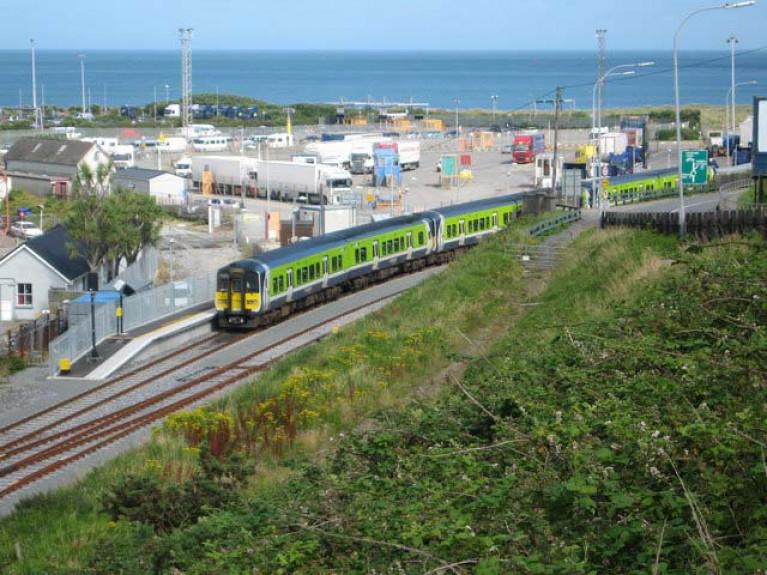Rosslare Europort has welcomed the announcement by Brittany Ferries that it is to launch its new Rosslare Europort to Bilbao twice-weekly service from 28th February 2020. In addition, the French-owned shipping line will also operate a weekly Rosslare to Roscoff service during the peak season (March to October).
Earlier today, Port of Cork responded to the decision by Brittany Ferries to depart Cork Harbour ending a link from Ireland's second city to Santander in Spain.
The arrival of Brittany Ferries means that Rosslare Europort will now offer business up to seven weekly sailings in each direction between Ireland and mainland Europe, cementing the port’s status as Ireland’s Gateway to Europe.
Brittany Ferries will be Rosslare Europort’s fourth major shipping line customer, and along with Stena Lines, Irish Ferries and Neptune Line, offers both freight and passenger customers a comprehensive range of connections to both mainland Europe and Britain.
Rosslare Europort’s General Manager Glenn Carr said “this is an exciting and positive announcement which not only shows the appeal of Rosslare Europort to shipping lines, freight and tourism customers, but also is the first of what we intend to be a number of new business announcements, building on our €25 million investment plans in port facilities, infrastructure and technology. Rosslare Europort is Ireland’s closest port to mainland Europe, and is now the only port outside of Dublin with a Border Inspection Post facility, and will provide the quickest direct services for exports and imports to both Europe and the UK post-Brexit.”
The appeal of Rosslare for business is improving all the time, with the port providing a real alternative for the movement of RO-RO, RO/Pax traffic to and from Ireland, with berth capacity, storage availability and the improving road networks connecting to the port - including the opening today of the New Ross Bypass on the N25.
As Port Authority, Iarnród Éireann is committed to investing in the port to ensure its growth and support both for the region and the wider economy. Port management is continuing discussions with existing and potential new shipping lines, and will continue to explore new possible routes with Ports in France, Belgium and the Netherlands.
Carr continued “we have had tremendous local support from the business, tourism and local authority stakeholders in the region as we develop our plans, and we look forward to continuing to strengthen the role of Rosslare Europort in the regional and national economy.”


























































